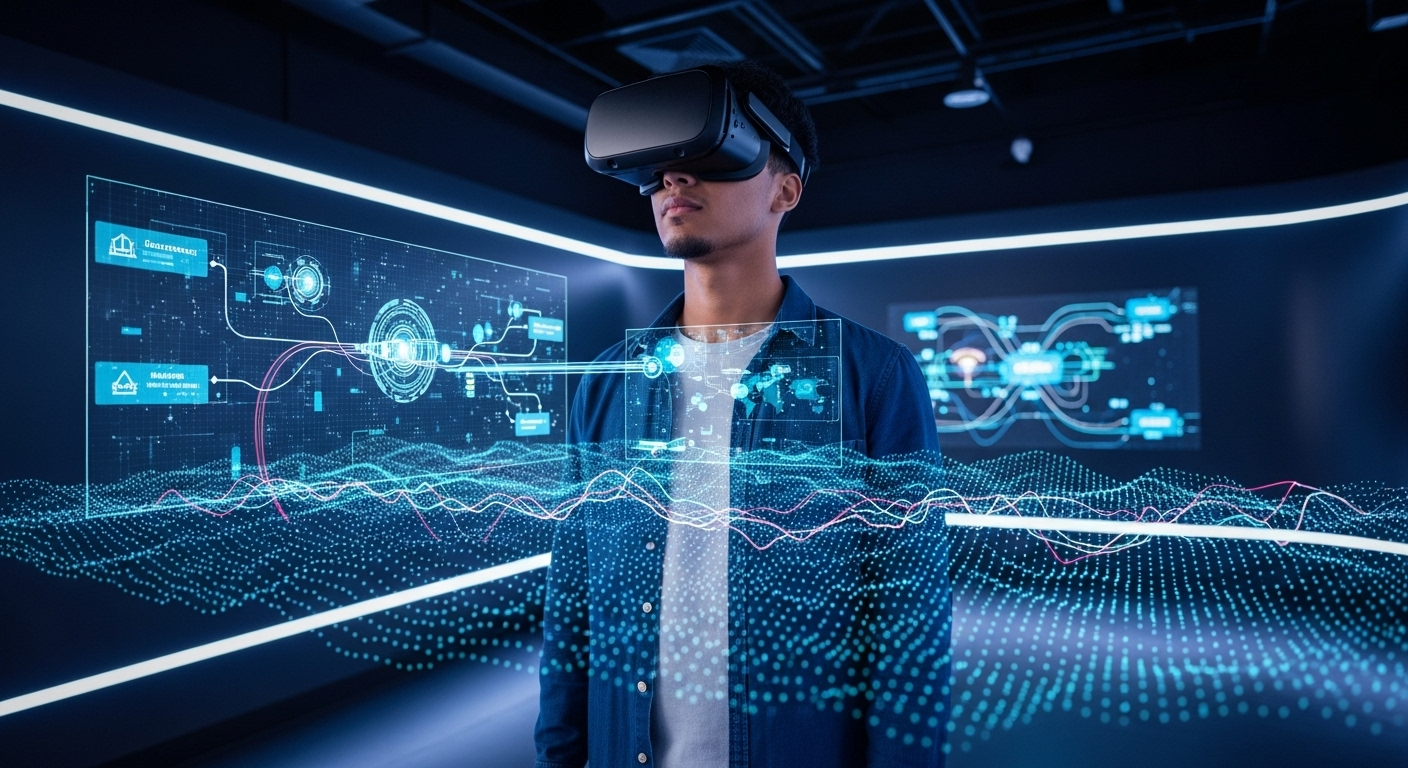Legal Implications of Neurotechnology in Criminal Justice
Introduction: The intersection of neuroscience and criminal justice is reshaping legal paradigms. As brain-scanning technologies advance, their potential use in courtrooms raises profound questions about constitutional rights, evidentiary standards, and the very nature of culpability. This article explores the emerging field of neurolaw and its far-reaching implications for the criminal justice system.

Historical Context and Legal Precedents
The use of scientific evidence in courtrooms is not new. From fingerprints to DNA testing, technological advancements have consistently influenced legal proceedings. However, neurotechnology presents unique challenges. Early cases involving brain scans as evidence, such as the 1992 trial of John Hinckley Jr., set important precedents. These cases highlighted both the potential and limitations of neuroscientific evidence in criminal proceedings.
Current Applications in Criminal Justice
Today, neurotechnology is being explored in various aspects of criminal justice. Brain scans are used to assess the mental state of defendants, potentially influencing decisions about criminal responsibility. In some jurisdictions, neuroscientific evidence has been introduced to support claims of diminished capacity or to argue for mitigated sentences. Additionally, researchers are investigating the use of brain-based lie detection techniques, though their admissibility remains highly controversial.
Legal and Ethical Challenges
The integration of neurotechnology in criminal justice raises significant legal and ethical concerns. Questions of privacy and self-incrimination under the Fifth Amendment are paramount. Can requiring a defendant to undergo a brain scan be considered compelled self-incrimination? Moreover, the reliability and interpretation of neuroscientific evidence are subjects of ongoing debate. Courts must grapple with determining the admissibility of such evidence under existing legal standards like the Daubert criteria.
Constitutional Implications
The use of neurotechnology in criminal proceedings has profound implications for constitutional rights. Fourth Amendment protections against unreasonable searches and seizures may be challenged by the invasive nature of brain scanning. Eighth Amendment considerations come into play when neuroscientific evidence is used in sentencing decisions, particularly in capital cases. The legal community must navigate these complex constitutional waters as neurotechnology becomes more prevalent in courtrooms.
Impact on Criminal Responsibility
Perhaps the most fundamental question raised by neurolaw is its potential to reshape our understanding of criminal responsibility. If brain scans can reveal abnormalities or dysfunctions that influence behavior, how does this affect our concepts of free will and culpability? Some argue that advances in neuroscience could lead to a more nuanced, scientifically informed approach to assessing criminal responsibility. Others warn of the dangers of biological determinism and the potential erosion of personal accountability.
Future Legal Landscape
As neurotechnology continues to advance, its role in criminal justice is likely to expand. Policymakers and legal scholars are already considering the need for new legal frameworks to address the unique challenges posed by neurolaw. This may include specialized courts or revised rules of evidence to handle neuroscientific data. The legal system must evolve to ensure that the use of neurotechnology in criminal proceedings balances scientific advancement with fundamental principles of justice and individual rights.
Conclusion
The integration of neurotechnology in criminal justice represents a paradigm shift in legal thinking. As brain scanning technologies become more sophisticated and widely used, they have the potential to revolutionize how we understand criminal behavior, assess culpability, and administer justice. However, this integration also poses significant challenges to existing legal doctrines and constitutional protections. The legal community must carefully navigate this new terrain, balancing the promise of scientific advancement with the fundamental principles of fairness and individual rights that underpin our justice system. As neurolaw continues to evolve, it will undoubtedly reshape the landscape of criminal justice for years to come.






